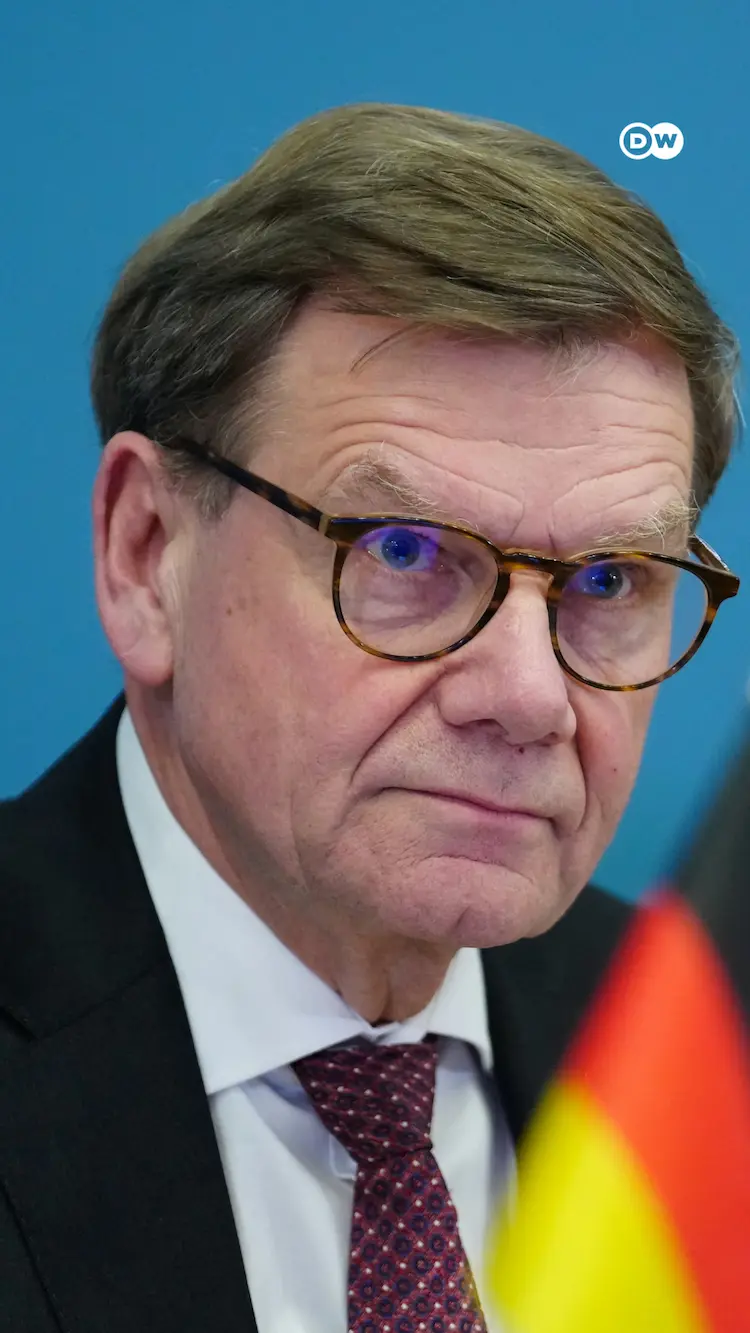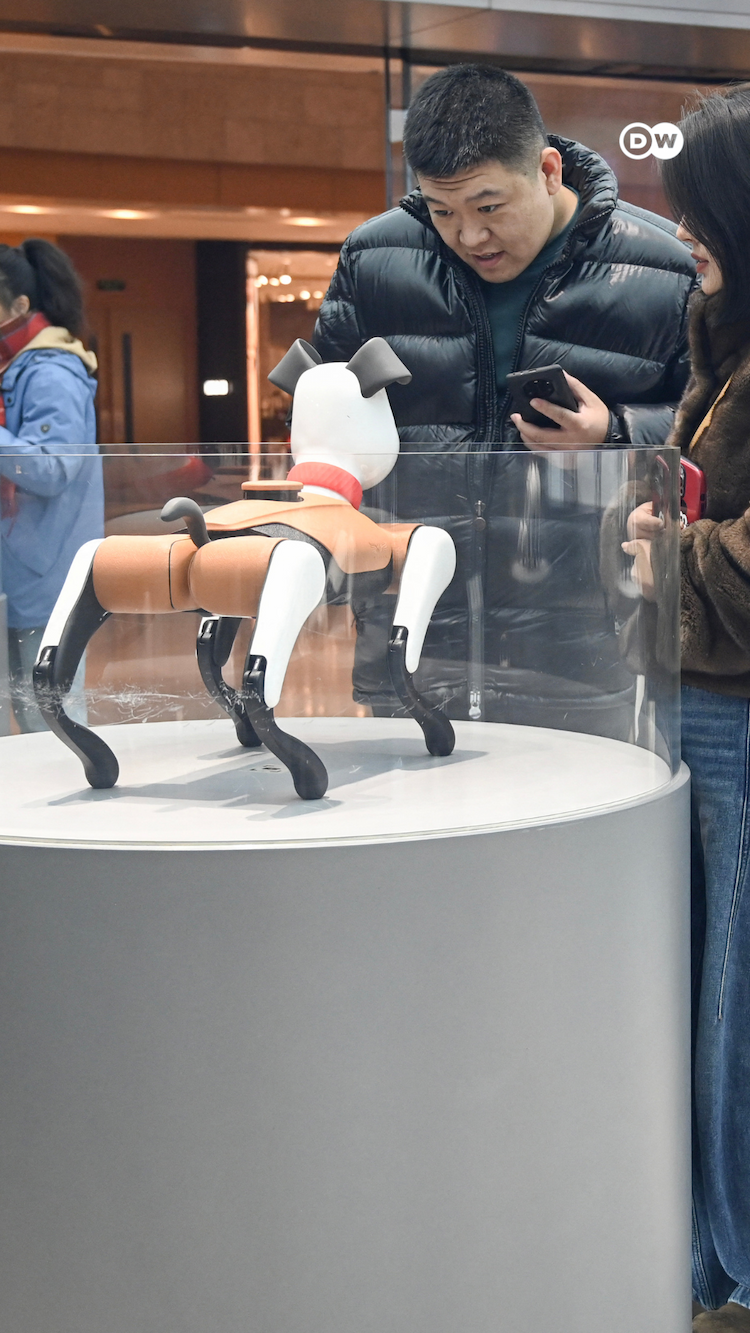Trump, Netanyahu not on same page on Israel's foreign strikes?
Donald Trump and Benjamin Netanyahu -- two staunch allies -- seem to be disagreeing on Israel's openness to attack Qatar again. The US and Israeli leaders have given contradictory statements, despite America's Secretary of State visiting Netanyahu at the time.
Days after Israel attacked Qatar in an airstrike targeting Hamas leaders, US President Donald Trump made careful remarks Sunday as Washington's two powerful Middle Eastern allies face a worsening rift.
"Qatar has been a very great ally. Israel and everyone else, we have to be careful. When we attack people we have to be careful," Trump told reporters.
But here is where things get tricky. Trump said that Israel will not strike Qatar again -- a statement that would have otherwise been assuring for the gulf state. But Netanyahu has said the IDF would not refrain from striking anywhere the senior Hamas leadership is hiding, including Qatar.
Israel's strike on the gulf country's capital killed five Hamas members and a Qatari security officer.
Qatar hosts the largest US military base in the region.
The attack has prompted Arab and Muslim leaders -- including Palestinian president Mahmud Abbas -- to gather for a show of solidarity in Doha, where Qatar's Prime Minister Sheikh Mohammed bin Abdulrahman Al Thani urged the world to "stop using double standards" and hold Israel to account.
Leaders agreed to take only minimal action against Israel. After all Qatar is not the only country struck by the IDF to weed out senior Hamas leadership outside Gaza. Iran, Lebanon, Syria and Yemen have also been targets.
Barring this apparent disagreement, the two have presented a united front as international condemnation grows. In fact, US Secretary of State Marco Rubio even travelled to Israel and met with Netanayhu before leaving for Qatar in an attempt to quell tensions.
Rubio's trip to Qatar
US Secretary of State Marco Rubio visited Qatar Tuesday to ask it to stay on as Gaza mediator, hoping to reassure the Gulf ally a week after Israeli air strikes targeted Hamas leaders in the emirate.
Rubio, who landed in Qatar as Israel carried out major new strikes in Gaza, was pessimistic about a ceasefire deal but said Qatar was in a unique position to help.
"We're going to ask Qatar to continue to do what they've done, and we appreciate very much, and that is, play a constructive role in trying to bring this to an end," Rubio told reporters as he flew out of Tel Aviv's Ben Gurion airport to Doha.
"Obviously they have to decide if they want to do that after last week or not, but we want them to know that if there's any country in the world that could help end this through a negotiation, it's Qatar," he said.









